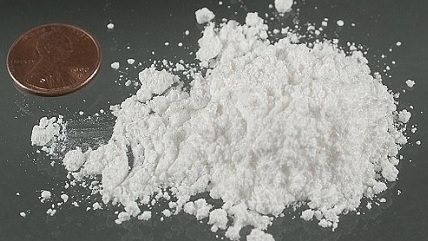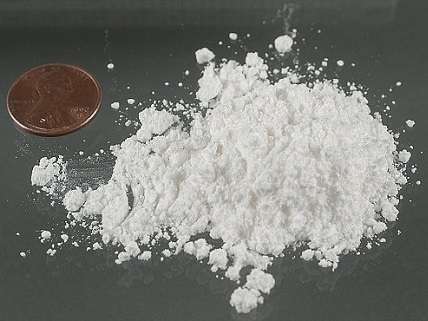NJ Appellate Court Overturns Felony Drug Charge for Woman Serving 10 Year Sentence Over 1.2 Ounces of Cocaine
Prosecutors in NJ not allowed to seek opinion testimony from cops involved in a case


Two judges in New Jersey overturned the conviction of a woman found guilty of possession of cocaine with intent to distribute. They ruled that prosecutors should not have relied on "expert" opinion from one of the cops involved, who claimed the amount of cocaine found in the woman's home (1.2 ounces) was enough to assume the intent to sell and distribute, because prosecutors are prohibited from doing so. Via the Star Ledger:
The appeals judges said the investigator's testimony at [Deberel] Rogers' trial "was improper," adding that the state Supreme Court "considered and disapproved of the practice of eliciting opinion testimony from an officer involved in the investigation that led to a defendant's prosecution for drug distribution."
The judges acknowledged that Rogers' attorney did not object to the line of questioning and testimony by the investigator. They also said the prosecutor may not have known about the limitations on expert testimony involving investigating officers in drug cases, but that the judge should have excluded the remarks.
There was "significant evidence" to support Rogers' conviction of cocaine possession, but the distribution charge could have involved others in the apartment and the opinion testimony could have prejudiced the jury, the appellate decision said.
The judges upheld Rogers conviction for possession of cocaine and remanded the case back to New Brunswick for a new trial.
The artificial distinction between a quantity of narcotics that would qualify for personal use and a quantity that qualifies for "distribution" is at the crux of the Obama Administration's snail's pace effort at drug sentencing reform; the Department of Justice this summer instructed prosecutors to omit the quantity of narcotics involved in "low-level" drug cases to avoid the harsh mandatory minimums that kick in at arbitrary amounts.
More Reason on drug sentencing.

Show Comments (85)